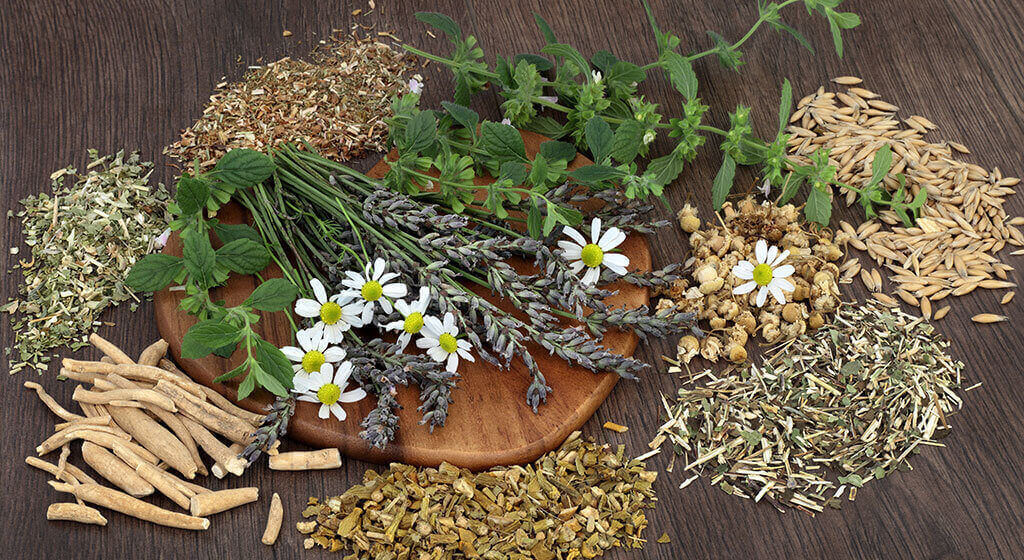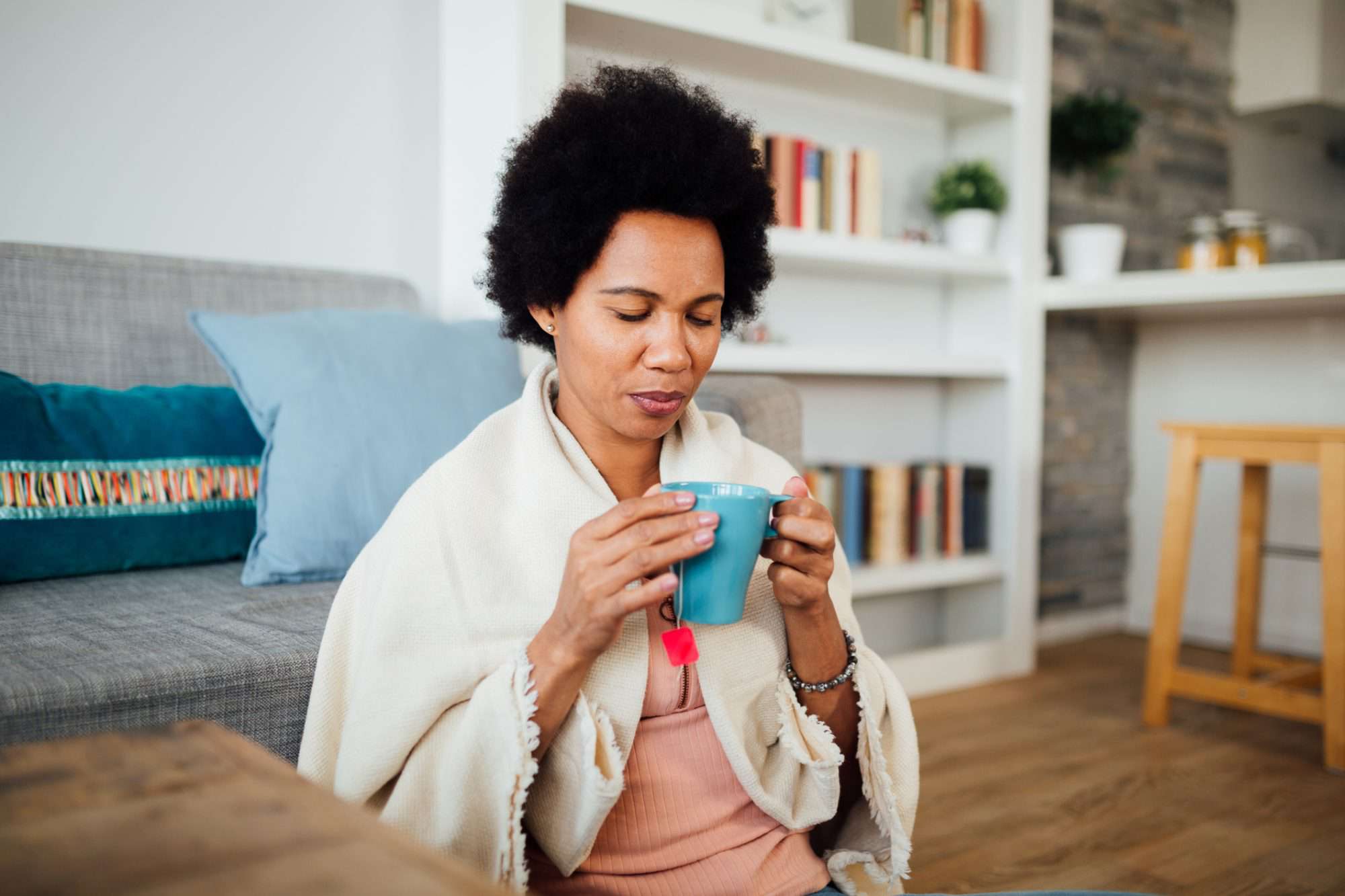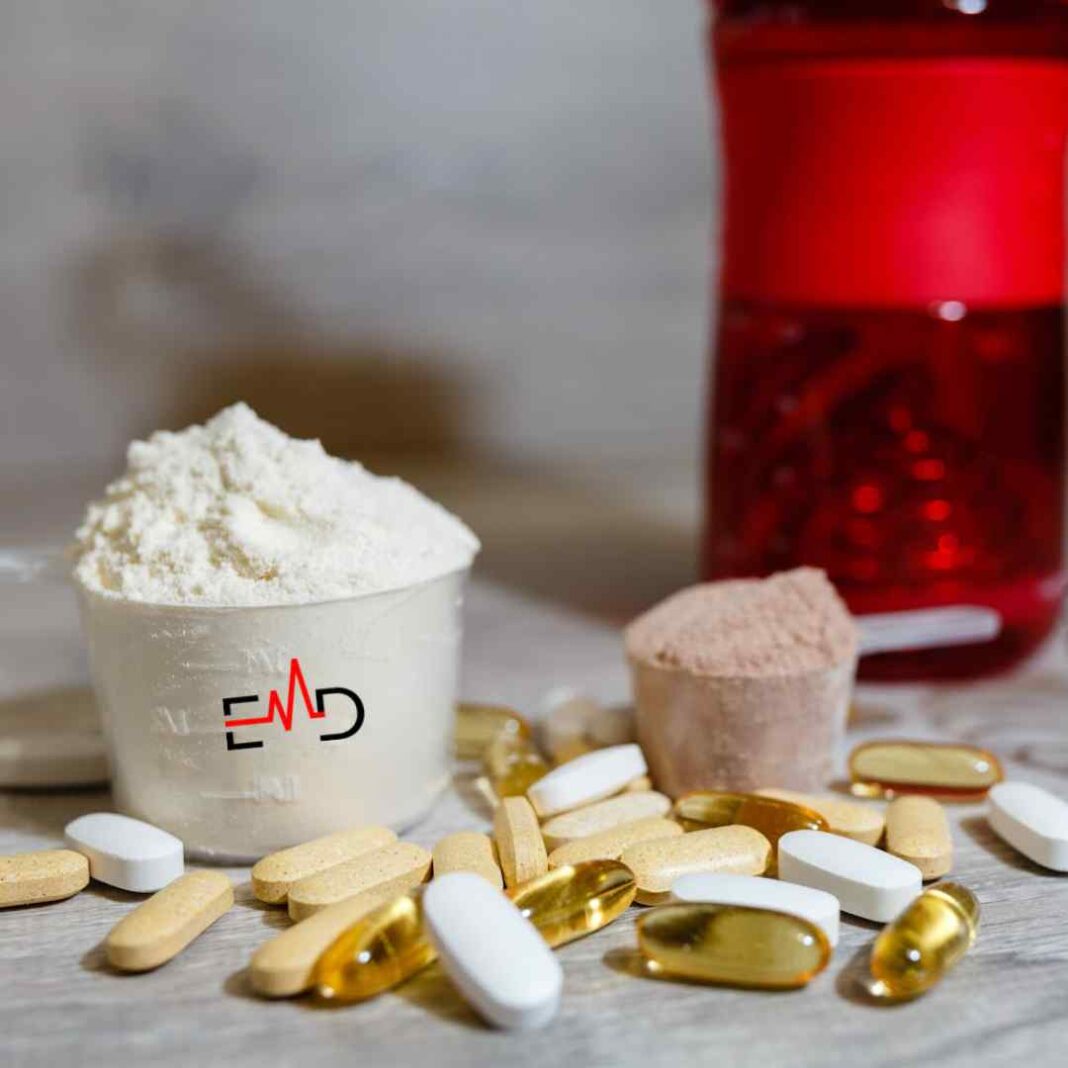Exercise Daily – Anxiety symptoms and stress can disrupt daily life for many individuals, leading them to seek natural remedies for relief. Let’s delve into a systematic review of various treatment options for anxiety and stress, exploring ways to manage these symptoms without medication. From herbal remedies like chamomile therapy to mindfulness techniques, we’ll cover 10 natural remedies shown in controlled trials to help relieve anxiety symptoms. Additionally, cognitive behavioral therapy has proven effective in managing anxiety and panic attacks.
It’s important to note that while these natural approaches can help alleviate symptoms, severe anxiety may require professional intervention. Your doctor may prescribe medications or recommend therapy, especially for chronic or severe cases. Smoking has also been linked to an increased risk of anxiety, so quitting smoking may help ease symptoms. Remember to talk with your doctor before starting any new treatment regimen, and consider incorporating home remedies and lifestyle changes to help manage your anxiety naturally.
Anxiety and Its Symptoms
Before diving into natural remedies, it’s essential to understand anxiety and its symptoms. Anxiety is a common mental health condition characterized by excessive worry, fear, and unease. It can manifest in various forms, such as generalized anxiety disorder, panic disorder, or social anxiety disorder. Some common symptoms of anxiety include:
- Restlessness and irritability
- Racing thoughts and difficulty concentrating
- Sleep disturbances, such as insomnia
- Muscle tension and physical discomfort
- Increased heart rate and shortness of breath
- Excessive sweating and trembling

Importance of Natural Remedies for Anxiety
In the quest for anxiety relief, many individuals are seeking natural alternatives to traditional medications. Natural remedies offer a holistic approach to managing anxiety by addressing its underlying causes and promoting overall well-being. Unlike prescription medications, natural remedies generally have fewer side effects and a lower risk of dependence or addiction. By incorporating natural remedies into their routine, individuals can take an active role in reducing anxiety and regaining control over their mental health.
The Benefits of Using Natural Remedies over Medication
While medication can be effective in treating anxiety, it’s important to consider the potential benefits of natural remedies. Natural remedies often work harmoniously with the body, supporting natural healing processes. They can provide relief from anxiety symptoms without the risk of long-term side effects associated with some medications. Additionally, natural remedies empower individuals to become more attuned to their bodies and develop self-care practices that promote long-term well-being.
The Power of Natural Remedies for Anxiety
Herbal Tea
Herbal teas have been used for centuries to promote relaxation and reduce anxiety. They offer a soothing effect and can help calm the mind. Chamomile and green tea are two popular herbal teas known for their anxiety-reducing properties.
Chamomile Tea
Chamomile tea is well-known for its calming properties. It contains compounds that bind to certain receptors in the brain, promoting relaxation and reducing anxiety symptoms. Drinking a cup of chamomile tea before bedtime can help improve sleep quality and reduce feelings of anxiety.
Green Tea
Green tea contains an amino acid called L-theanine, which has been found to have anxiety-reducing effects. L-theanine promotes relaxation without causing drowsiness and can help reduce anxiety levels. Incorporating green tea into your daily routine may help alleviate anxiety symptoms.
CBD
Cannabidiol (CBD) is a compound derived from the cannabis plant that has gained popularity for its potential therapeutic benefits. CBD interacts with the body’s endocannabinoid system, which regulates mood and stress response. Studies have shown that CBD may help reduce anxiety and promote a sense of calm. However, it’s important to choose high-quality CBD products and consult with a healthcare professional before use.
Exercise and Physical Activity
Regular exercise and physical activity have been shown to positively impact mental health, including reducing anxiety symptoms. Walking, jogging, swimming, or yoga can help release endorphins, improve mood, and alleviate anxiety. Aim for at least 30 minutes of moderate-intensity exercise most days of the week to experience the benefits.
Mindfulness and Meditation
Practicing mindfulness and meditation can be powerful tools for managing anxiety. Mindfulness involves being fully present in the moment and accepting thoughts and feelings without judgment. Meditation, on the other hand, involves focusing the mind and promoting relaxation. Both practices can help calm the mind, reduce stress, and alleviate anxiety symptoms. Consider incorporating mindfulness and meditation into your daily routine for optimal results.
Essential Oils
Essential oils have been used for centuries for their therapeutic properties. Certain scents can have a calming effect on the mind and body, helping to reduce anxiety. Lavender, bergamot, and chamomile essential oils are known for their anxiety-relieving properties. You can use essential oils by inhaling them directly, adding them to a diffuser, diluting them, and applying them topically. Experiment with different oils to find the ones that work best for you.
Deep Breathing Techniques
Deep breathing techniques are simple yet effective ways to calm the body and mind. Taking slow, deep breaths activates the body’s relaxation response, which can help reduce anxiety. Practice deep breathing exercises whenever you feel anxious or overwhelmed. Focus on inhaling deeply through your nose, holding your breath for a few seconds, and then exhaling slowly through your mouth. Repeat this process several times to experience a sense of calm.
Herbal Supplements
Certain herbal supplements can help alleviate anxiety symptoms, in addition to herbal teas. Supplements like valerian root, passionflower, and ashwagandha have been studied for their potential anxiety-reducing effects. However, it’s important to consult with a healthcare professional before starting new supplements to ensure they are safe and appropriate.
Dietary Changes
Certain dietary changes can also help reduce anxiety. Avoiding or reducing the intake of caffeine and alcohol, which can increase anxiety levels, is recommended. Instead, opt for a well-balanced diet that includes whole foods, fruits, vegetables, and lean proteins. Certain nutrients like omega-3 fatty acids and magnesium may also help reduce anxiety symptoms. Incorporate foods rich in these nutrients, such as fatty fish, nuts, seeds, and leafy greens, into your diet.
Positive Lifestyle Habits
In addition to specific remedies, adopting positive lifestyle habits can significantly impact anxiety levels. Getting enough sleep, practicing good sleep hygiene, and establishing a regular sleep schedule can improve mental well-being. Engaging in activities you enjoy, spending time with loved ones, and managing stress through relaxation techniques can also help reduce anxiety. Finding healthy outlets for stress, such as hobbies or creative pursuits, can provide a sense of balance and calm.

Other Natural Ways to Reduce Anxiety
Exercise
Regular physical activity is not only beneficial for physical health but also for mental well-being. Engaging in exercises like walking, jogging, or yoga can help reduce anxiety by releasing endorphins, improving mood, and promoting better sleep.
Diet and Nutrition
Eating a balanced diet rich in nutrients can positively impact anxiety levels. Certain foods, such as fatty fish, nuts, and seeds, contain omega-3 fatty acids that reduce anxiety symptoms. Additionally, avoiding excessive caffeine and refined sugars can help stabilize mood and prevent spikes in anxiety.
Sleep Hygiene
Getting enough quality sleep is crucial for maintaining good mental health. Establishing a regular sleep routine, creating a comfortable sleep environment, and practicing relaxation before bed can improve sleep and reduce anxiety.
Social Support
Building a strong support system and connecting with others can help alleviate anxiety symptoms. Sharing your feelings and concerns with trusted friends or family members can provide comfort and reassurance during times of stress.

Seeking Professional Help
While natural remedies can effectively ease anxiety symptoms for some individuals, it’s crucial to acknowledge the unique experiences people have with anxiety. If you find that your anxiety persists or significantly disrupts your daily life, seeking professional help for treatment is advisable. Healthcare providers or mental health professionals can thoroughly evaluate and recommend personalized treatment options tailored to your needs.
Various natural remedies exist to alleviate anxiety symptoms without medication. These include chamomile therapy, online positive affect journaling, and other relaxation techniques. However, it’s essential to note that chronic anxiety and generalized anxiety disorder may require more comprehensive treatment approaches.
Research suggests a link between anxiety and depression symptoms, and it’s vital to address both conditions appropriately. Additionally, factors such as cigarette smoking may increase the risk of anxiety symptoms, highlighting the importance of managing lifestyle choices.
FAQs – Calm Anxiety with These Natural Remedies
Q: Are natural remedies for anxiety as effective as medication?
A: Natural remedies can help manage mild to moderate anxiety symptoms. However, for severe or persistent anxiety, medication prescribed by a doctor may be necessary. It’s important to consult a healthcare professional to determine the most suitable treatment approach.
Q: Can natural remedies completely cure anxiety?
A: Natural remedies can help alleviate anxiety symptoms, but they may not completely cure the underlying condition. Anxiety is a complex disorder, and a holistic approach that combines various strategies, including therapy and lifestyle changes, may be necessary for long-term management.
Q: Can I use multiple natural remedies together?
A: Yes, many natural remedies can complement each other. However, consulting with a healthcare professional before combining multiple remedies to ensure their safety and effectiveness for your specific situation is advisable.
Q: How long does it take for natural remedies to work?
A: The effectiveness of natural remedies can vary from person to person. Some remedies may provide immediate relief, while others may take time to show noticeable effects. It’s important to be patient and consistent in your approach, allowing ample time for the remedies to take effect.
Q: Can natural remedies be used alongside prescribed medication?
A:. It’s crucial to consult with your doctor before using natural remedies alongside prescribed medication. Some remedies may interact with certain medications or affect their efficacy. Your healthcare provider can guide the safe and appropriate use of natural remedies with any prescribed treatments.
Conclusion
Natural remedies can be valuable tools in managing anxiety. Various approaches exist, from herbal teas and mindfulness techniques to exercise and social support. However, it’s important to remember that what works for one person may not work for another. Find the right combination of remedies and seek professional help when necessary. By taking a holistic approach to anxiety management, you can find relief and regain a sense of calm in your life.




